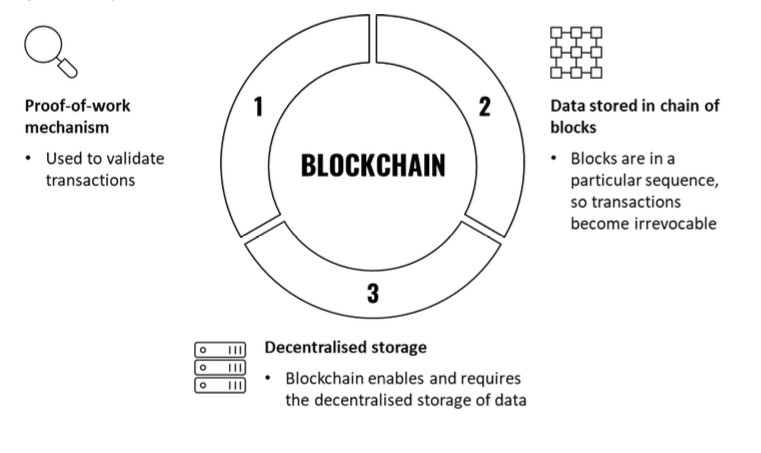Expanding Horizons: Unlocking the Potential of Blockchain Technology
Blockchain technology, initially recognized for its association with financial services and cryptocurrencies, has now transcended these boundaries and is making waves across diverse sectors. Introduced in 2008, blockchain revolutionizes transactions and information recording, offering transparency and decentralization without the need for a central authority. While the fintech industry has been at the forefront of blockchain advancements, its applications extend far beyond finance. Sectors such as media, telecommunications, healthcare, and government services are increasingly embracing and diversifying their blockchain initiatives.
Understanding the key features of blockchain technologies is essential to grasp their potential:
- Decentralized Consensus Mechanism: Blockchain utilizes a decentralized consensus mechanism to validate transactions and ensure the authenticity of data. This mechanism eliminates the need for intermediaries, allowing participants to reach agreements directly.
- Immutable Block Structure: Data in blockchain is structured as blocks forming a sequential chain. Each new data point, such as a transaction, becomes an irrevocable block that references its preceding block. This interconnected nature of blocks makes any alterations impossible, ensuring data integrity.
- Distributed Data Storage: Blockchain employs distributed data storage, where each block is replicated in multiple locations. As long as every block has access to its predecessor, the rest of the data can be stored in different decentralized locations. This decentralized storage enhances security, resilience, and accessibility.
With these fundamental characteristics, blockchain technology presents immense potential beyond its initial association with finance. It is rapidly gaining traction in various industries, promising transparency, security, and efficiency in processes ranging from supply chain management to identity verification. As organizations continue to explore and harness the capabilities of blockchain, its transformative impact is set to revolutionize how transactions and information are managed in the digital era.

Unlocking the Potential: Key Benefits of Blockchain for Companies
In an era where trust, security, and reliability are paramount, companies are turning to blockchain technology to revolutionize their operations. Embracing blockchain brings forth a multitude of improvements, offering stronger trust, verified information, and enhanced reliability. Let’s delve into the key benefits that blockchain brings to companies.
- Stronger Trust and Security
One of the foremost advantages of blockchain technology is the ability to establish stronger trust and security within business operations. Through decentralized storage and the common acceptance of data security by all participants, companies can combat fraud effectively. The transparency provided by blockchain enables the verification of the quality and origin of goods, ensuring authenticity and reliability. Moreover, it facilitates the tracing of faulty materials in complex supply chains, enhancing accountability and mitigating risks.
- Verified Information
Blockchain provides a robust framework for verifying information, offering companies the means to confirm the authenticity of various documents, diplomas, and other critical data stored within blockchain enterprises. By leveraging the immutable nature of blockchain, organizations can ensure the integrity and trustworthiness of information. This feature not only eliminates the need for intermediaries but also establishes a tamper-proof system where data can be verified with utmost confidence.
- Reduced Complexity and Increased Reliability
Utilizing decentralized storage, companies can experience a significant reduction in complexity while achieving increased reliability. Unlike traditional centralized systems, blockchain technology distributes data across multiple nodes, eliminating the reliance on a single server. Consequently, the probability of data becoming inaccessible due to server shutdowns or technical failures diminishes substantially. This decentralized approach ensures data availability and reliability, enhancing overall operational efficiency.
Conclusion:
By embracing blockchain technology, companies unlock a range of transformative benefits. The establishment of stronger trust and security, along with the ability to verify information seamlessly, empowers organizations to combat fraud, trace goods, and establish authenticity. Furthermore, the adoption of decentralized storage reduces complexity and enhances reliability, ensuring uninterrupted access to critical data. As companies continue to explore and integrate blockchain solutions, the potential for innovation and disruption across industries becomes increasingly apparent. Embracing blockchain is not merely a technological choice but a strategic decision to embrace a future driven by trust, security, and reliability.